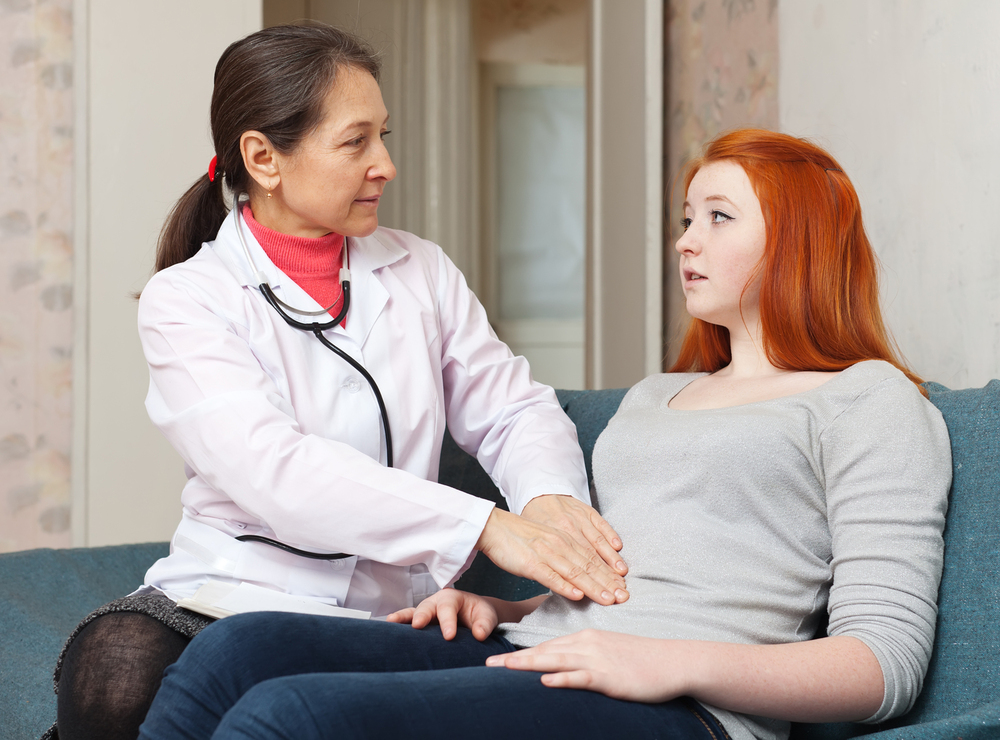
Symptoms of Colon Cancer
Colon cancer is a form of cancer that originates in the colon. Generally, colon cancer grows over time and starts from a polyp that is precancerous. These polyps can then progress through a series of mutations in the DNA. There is a predisposed risk for colon cancer through possible family history. There is also an accelerated risk connected to alcohol intake, diet, inflammatory bowel disease and smoking. It is important to note that there may not be any symptoms for those with this type of cancer until it reaches a more serious state. Therefore, it is very important to get appropriate screenings so it can be caught early.
There are some early signs of colon cancer that need to be watched so the disease can be caught early on:
1. Diarrhea or constipation
If there are changes in either the appearance, frequency or other behaviors tied to bowel movements, then this should be addressed. These differences could include things such as diarrhea or constipation, stool that is narrow in shape, feeling like the bowel won’t empty, and bowel incontinence. Any other changes also need to be noted and looked into. These may not mean colon cancer, and could possibly be the sign of something far less serious.
2. Rectal bleeding
Blood may also appear on the stool rather than in it. There are several reasons for this. These could be due to things such as hemorrhoids or anal tears. Many people make the mistake of not having this checked out because they make the assumption that the blood is due to hemorrhoids. This can be a serious error because it can prevent someone from an earlier diagnosis.
3. Blood in the stool
If there is blood in your stool, this needs to definitely be addressed. This is probably the most notable symptom that can possibly indicate colon cancer. There are also many other reasons this could be present, but it is largely a symptom of colon cancer. The red color in stool can be caused by the food that someone eats, especially with items such as beets. Other possible reasons for its presence could be hemorrhoids, ulcers, anal fissures and Crohn’s disease.
4. Abdominal pain
Like so many of the symptoms, many different things can cause any pain and bloating in the abdomen. If this pain is severe and lasts for a while, then it needs to be checked out. Since colon cancer happens in the large intestine, there is usually a change in bowel habits. As a result, these changes can easily cause the pain and the bloating of the abdomen.
5. Feeling like the bowel won’t empty
This is another sign of the changes in bowel habits. When it becomes difficult to fully evacuate the bowel, this needs to be addressed to see if there is something more serious going on.
These are some of the early signs of colon cancer. It is important in life to pay attention to your body and take note of any changes that could be cause for concern. That goes with anything about your health. Pay attention and get things checked out by the doctor if you have concerns.


